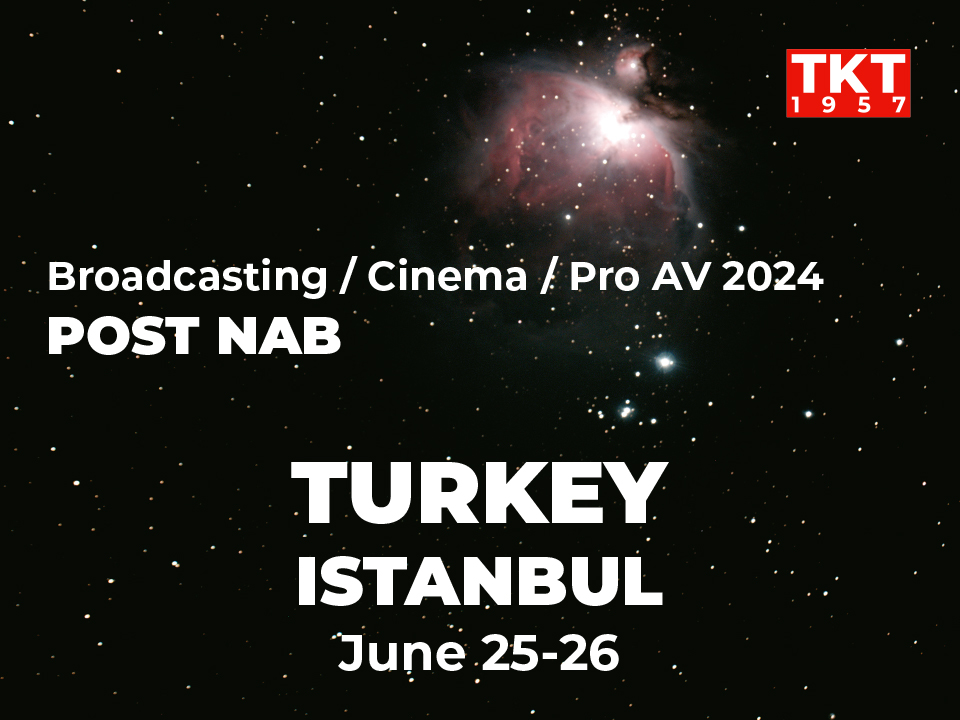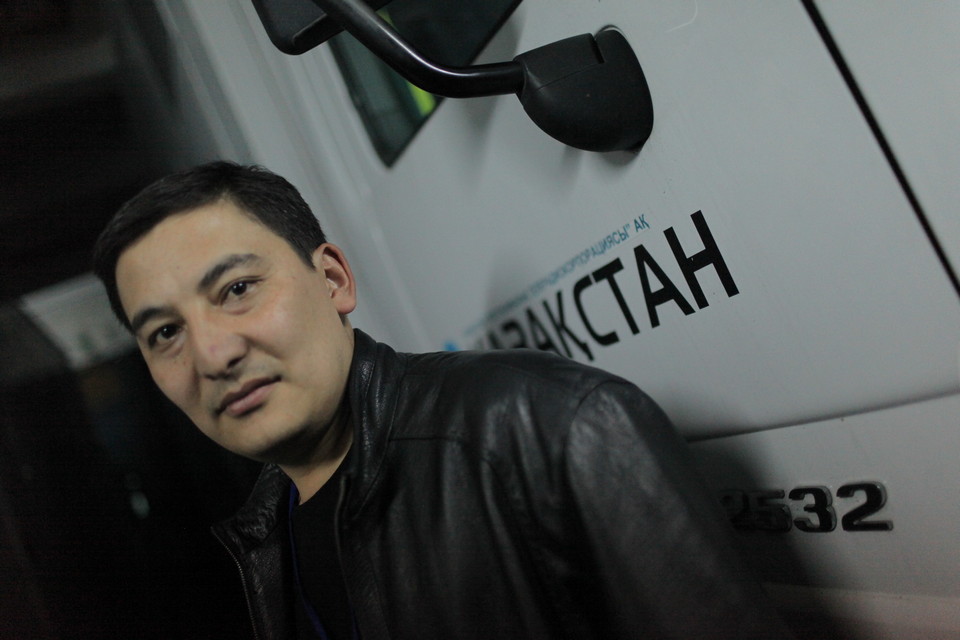
Interview with Bekbolat Moldabek, Chief Engineer of Kazakhstan RTRK, Almaty Branch.
— When and where were you born? What did your ancestors and your parents do?
I was born in Uzynagash village, Zhambyl District, Almaty Region on July 11, 1977. My parents were ordinary people; unfortunately, they are no longer with us. My father was an accountant and a veteran of the Great Patriotic War. When I was born, he was 55 years old. I am the youngest child. My mother was a homemaker and a seamstress. Sadly, they both passed away in 2003.
There were seven children in our family, but unfortunately, only four of us are left.
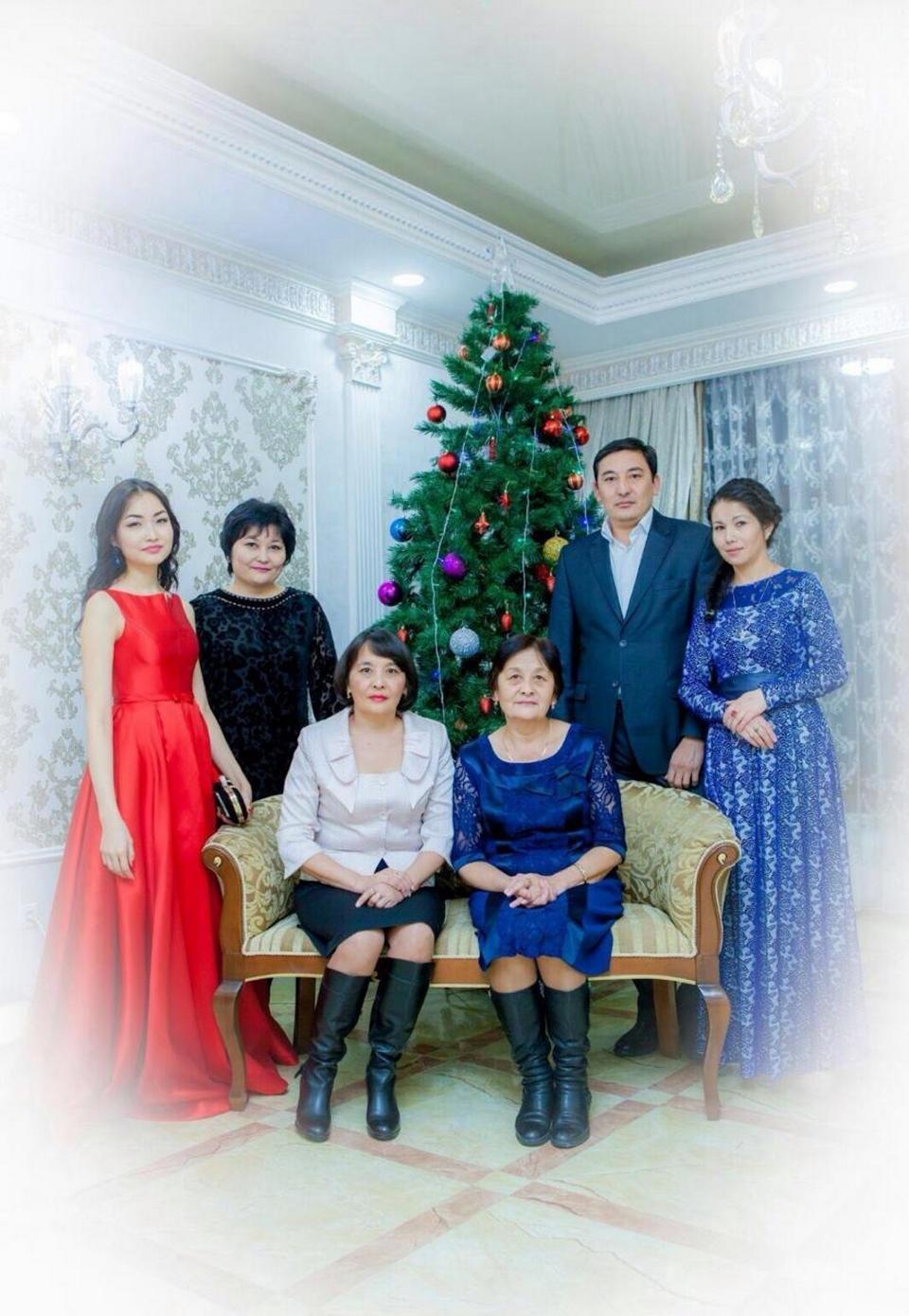
— How did your father support such a large family?
He worked as the chief accountant, and my mom was a homemaker. Additionally, there was a significant age gap between the children. The sister before me is seven years older than me. So by the time I was born, the older children were already working.
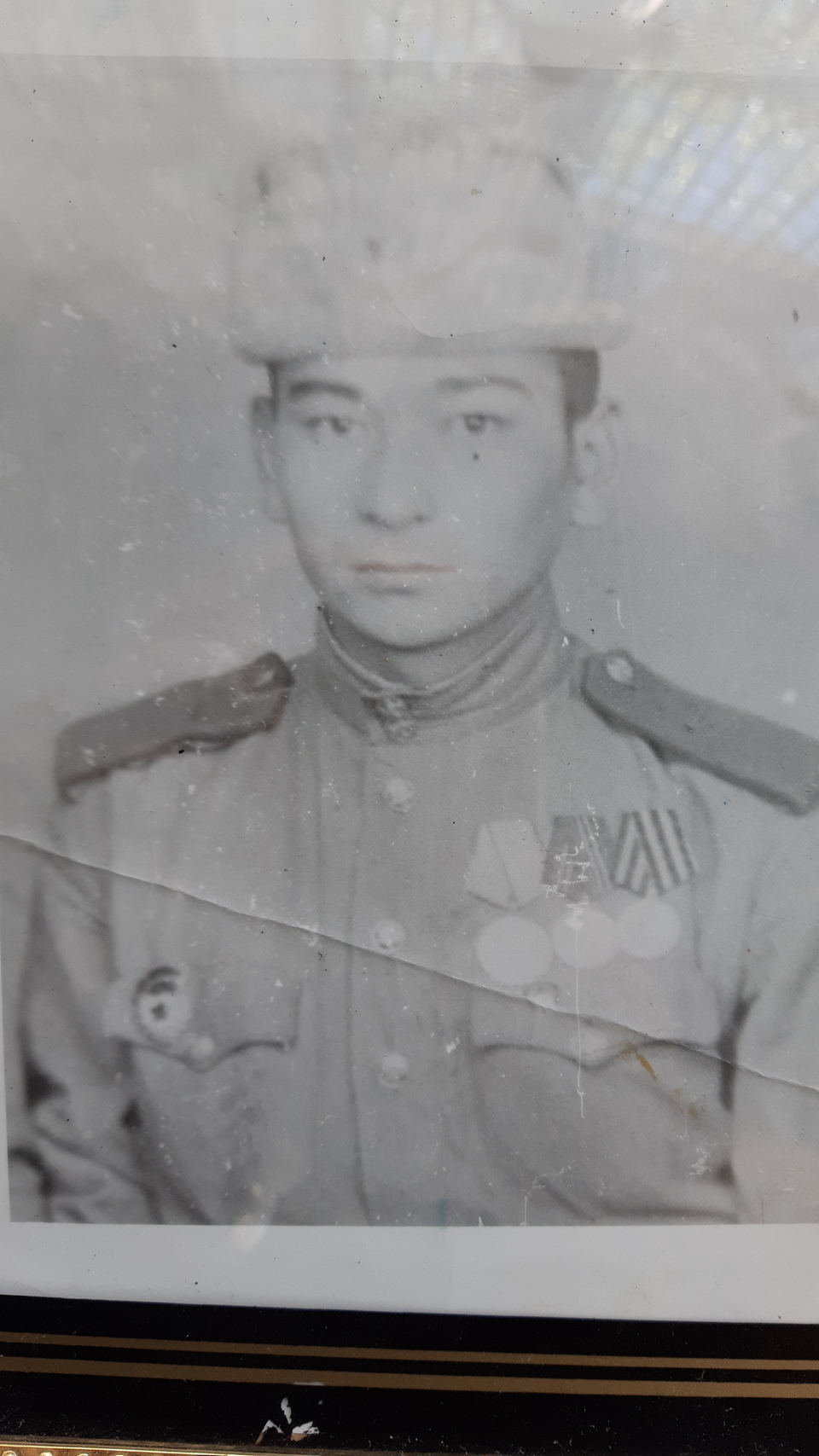
— Did you do well in school? What subjects did you have an aptitude for?
I graduated from school with a diploma with honors. I always liked algebra and geometry. There were times when our homeroom teacher, who taught these subjects, to keep me busy, made me solve two versions of the test. I didn’t like physics for some reason, but I had to get to love it later, pass the final exam with an A and enter a college where it was all about physics. You can’t escape your destiny.
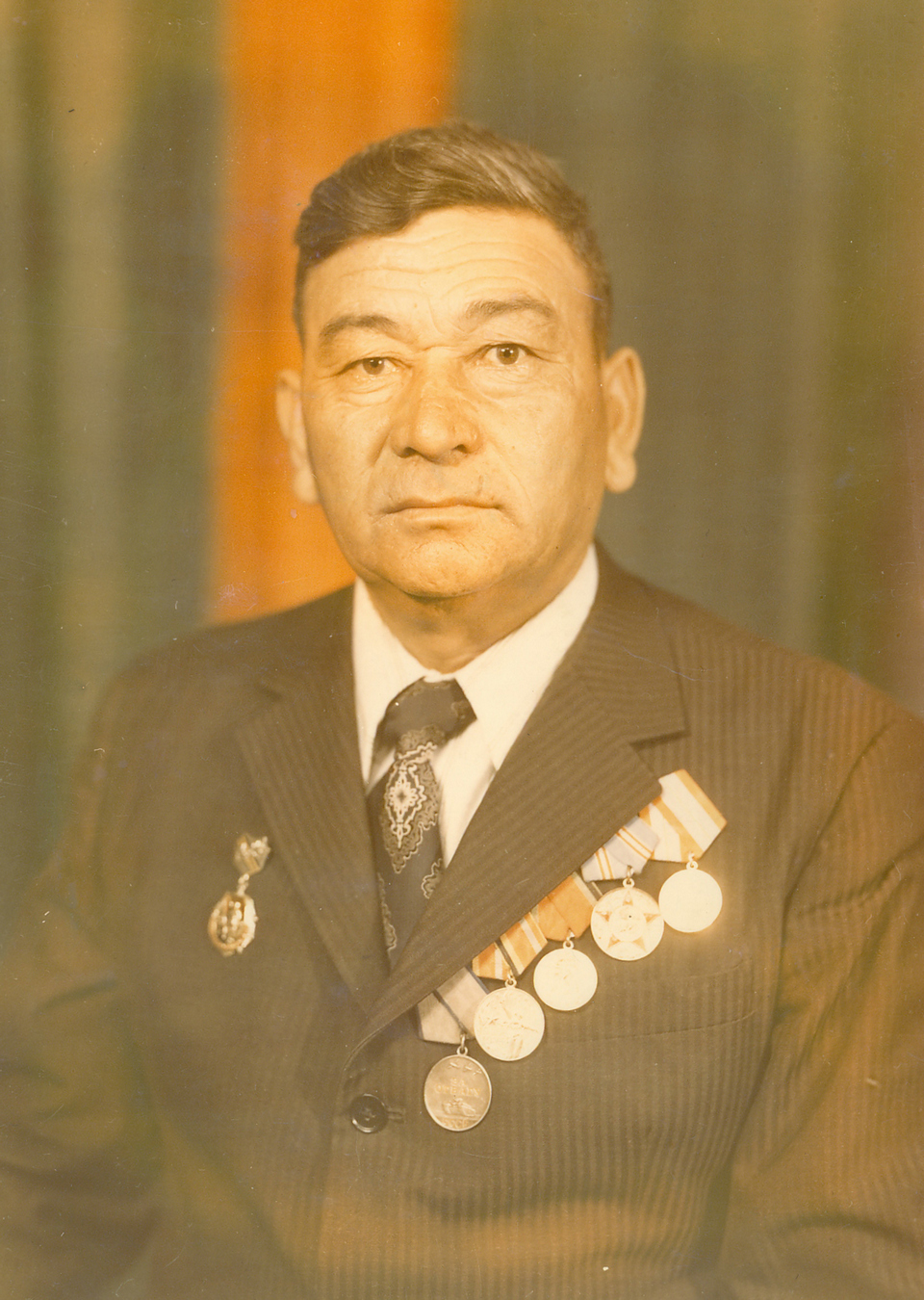
— What did you do besides studying? Did you participate in any clubs or sections?
I did what I liked, just like all the kids in the village: biking, playing traditional games, skiing. Since we lived in a village, we also had to work after school, taking care of the livestock, chopping wood. I still live in my parents’ house in the village. On weekends, I just like to work in the garden, chop wood—this is my hobby. I also watch football; I am a fan of FC Barcelona.
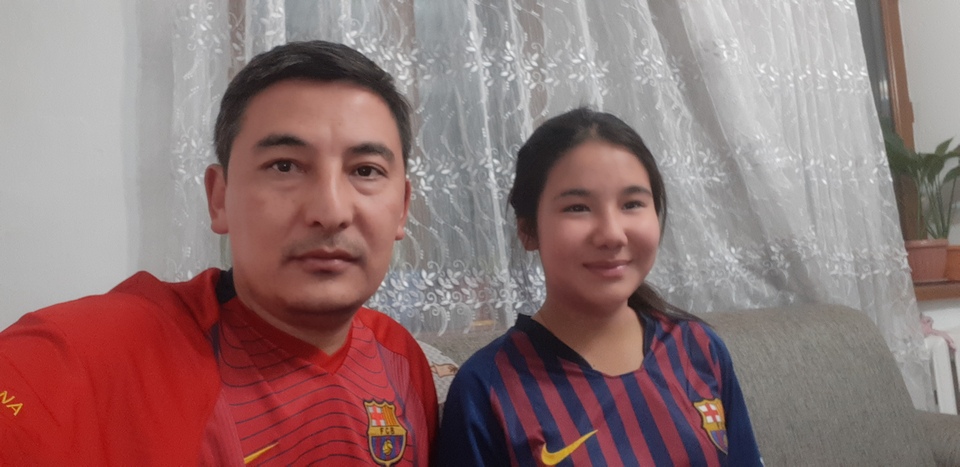
— Did you work during your school years?
No, that was not the case. I had a normal, happy childhood.
— When did your interest in technology awaken?
I always liked reading the magazine “Young Technician.” Like all boys, I was interested in military technology, tanks, airplanes. What I do now accidentally appeared in my life. I did not plan to work in television. I thought I would become an architect. Unfortunately, I didn’t get into the architectural school, but I was admitted to the Polytechnic University. I got in almost without exams. An interview was conducted with me. I had the basic knowledge. I enrolled in the mechanical engineering department.
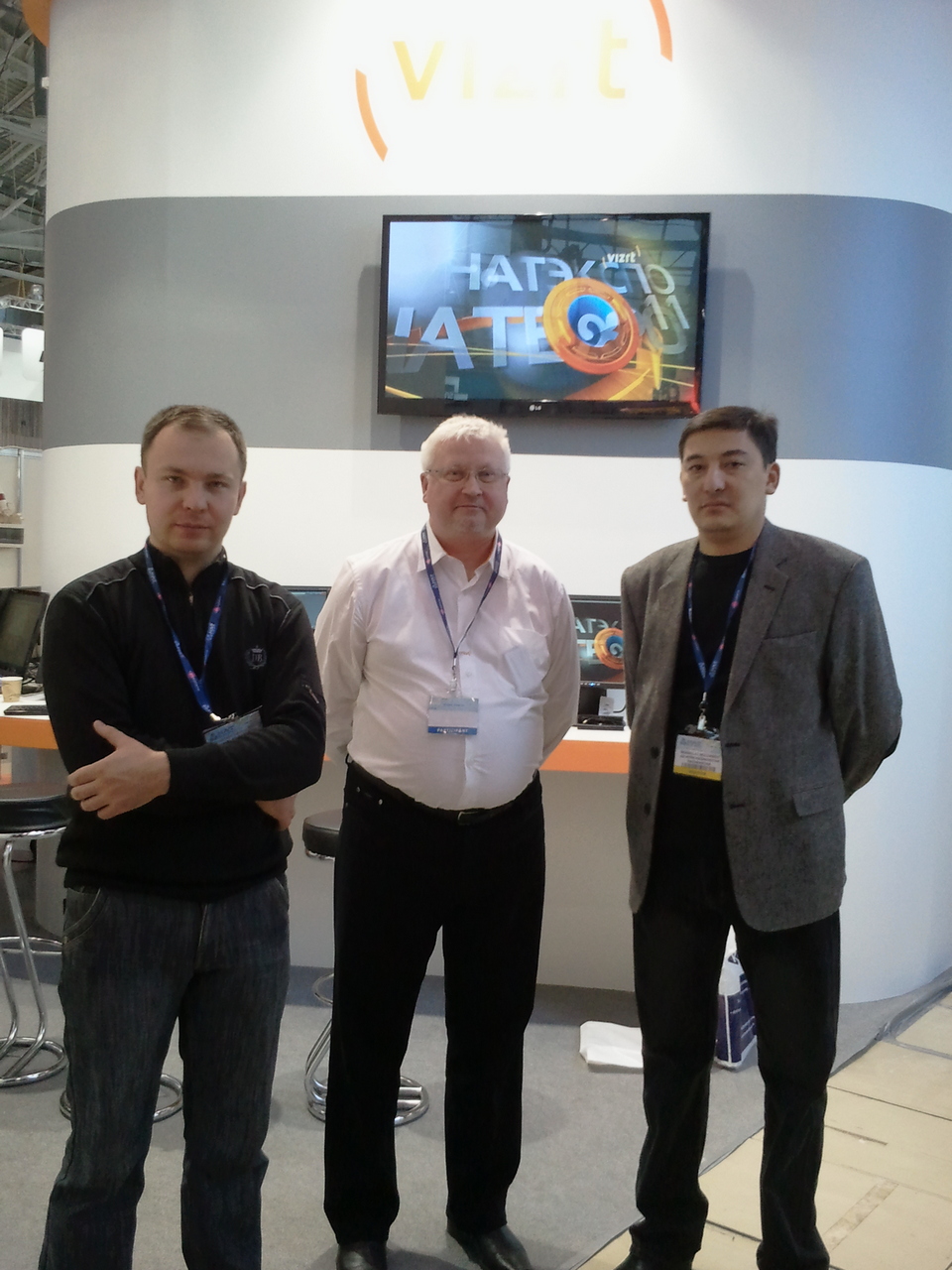
— Why couldn’t you get into the architectural school?
To be honest, the problem was with me. I didn’t prepare properly. I didn’t even know the system. I came on a whim and left on a whim.
— Was choosing the Polytechnic also a whim, or was it more considered?
No, it was more or less a conscious decision there, attention, correct answers to the posed questions.
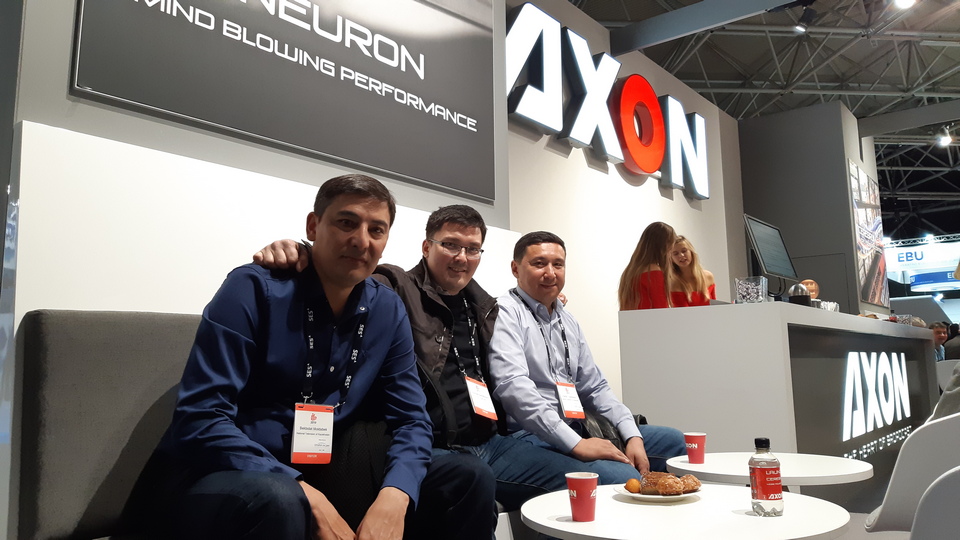
— Why mechanical engineering?
Well, probably because I liked mechanical engineering. Moreover, there was an opportunity to be admitted without an exam, just through an interview.
— During your studies, did you live at home and commute to Almaty, or in a dormitory?
My sister lives in Almaty, I lived with her.
— Now, years later, what can you say about your higher education? Did it give you anything for life, for your career?
Certainly, yes. As you noticed, my education isn’t exactly television-related, but the basic knowledge I received at the institute has been very useful in my work. It also gave me a broad outlook, the ability to communicate with people, to speak on various topics.
A person who has received higher education has a completely different perspective and way of thinking. Higher education “opens up” a person.
— You graduated from university in 1999, tough times for everyone. How did your independent life begin, not as a student, but as a professional?
At that time, our country was in a crisis state. It was extremely difficult to find a job. Plus, I dedicated a year to my parents, as they were already old. In 2000, I got a job at the “Kazakhstan” TV channel as an ordinary engineer, and I still work there today.
— How did you, with a mechanical engineering education, get into this field, especially immediately on national television?
Friends advised me. They said: there’s a vacancy, try it. Again, at that time, in the early 90s, 2000s, there was a special shortage of specialists.
I took the most ordinary position. Not even an engineer, but a second or third-class operator. To become an engineer, I needed another year and a half of study and experience gaining. Later, I passed the certification and then became an engineer. I think television itself inspired me.
I worked as an ordinary engineer issuing cameras in the camera department for three years. I remember once I was late, and only I had the keys, and our film crew almost missed an interview. Fortunately, they arrived just in time, and then I realized how important our work is. At that time, I was neither the shift manager nor the chief engineer, nor did I participate in any global big events, I just issued cameras. But after that episode, I understood how significant everything we do on television is.
At some point, the management noticed me. After three years, I became the shift manager. Then the schedule changed. Later, I became the head of the ASK complex. Further on, I became the chief engineer, and I work to this day. It turns out 24 years have passed…
By the way, before I became the head of the ASK complex, I got married. In addition to the new position, family and children added responsibilities.
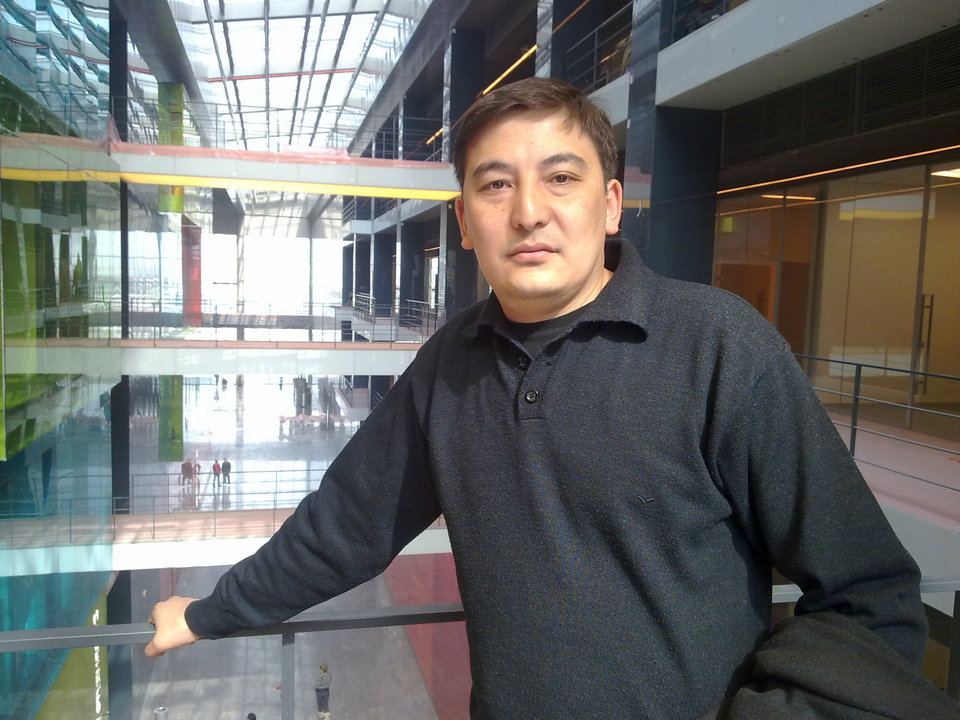
— How did you meet your fiancée, who later became your wife? Did you find her yourself or were you introduced by parents?
I got married when I was 26 years old. I met my wife at a friend’s birthday party. We were friends for three years, then got married. And we are raising five children.
— What year did you become the chief engineer?
In 2013, during the move to the “Kazmedia Ortalygy” media center. The corporation was still located in Almaty at that time. But after the media center was launched, the question of moving and transferring the broadcast hardware arose.
In December 2012, the broadcast started from the city of Astana. We didn’t have a broadcast, we were on standby. That year we became a branch of the corporation in Almaty, and I was appointed as the chief engineer of the branch.
— Did you come into television during the era of film? How did you and your colleagues respond to the revolutionary changes of transitioning to IP? How did you self-educate, and how do you train your employees?
Indeed. I came into the era of film and cassettes. We transitioned from SD 4:3 to SD16:9, then to HD. Accordingly, the media changed.
The first thing that was updated were the TJCs’ camcorders. At that time, the decision was made to switch not to disk media, but to solid-state, to flash drives.
The neighboring channel “Khabar” bought XDCAM disks a year before us. At that time, the technical management decided to go another way. I think it was the right decision. We switched to the XDCAM flash system.
Regarding the transition to IP – of course, television does not stand still. We study ourselves and teach the guys. But recently, young specialists have joined us, and they find the transition from classic TV to IP and internet-related TV very easy. And that’s encouraging.
I constantly tell our guys that if a person does not want to engage in self-education, then they simply will not be able to withstand the competition.
We also try to implement the best that is available in the field of television whenever possible. At the same time, it is not necessary to use expensive solutions—the main thing is that they are tested and reliable.
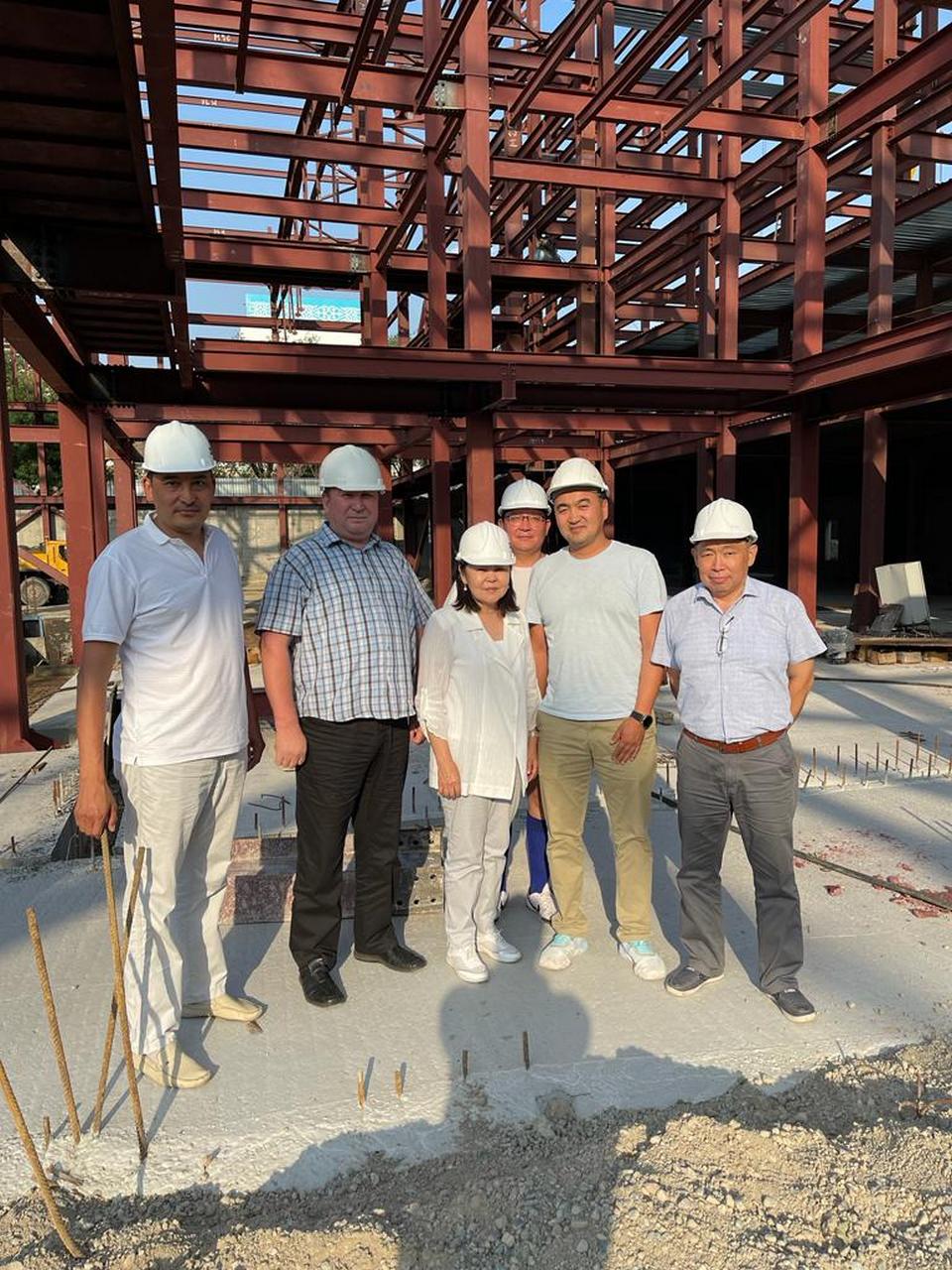
— What personal achievement in the field of television can you highlight?
My main achievement is the knowledge I received from my teachers. They gave me a lot in life and especially in the field of television. I want to express my gratitude to my mentors: Beisekov S.K., Sirgebayev A.D., and my colleague and friend Toksanbayev K.T.
But the biggest achievement is our team, consisting of my colleagues who have become my friends. Many technical directors of TV channels started their careers at the company’s branch in Almaty. It can be said that our branch is a real forge of personnel, and that is also a great achievement.
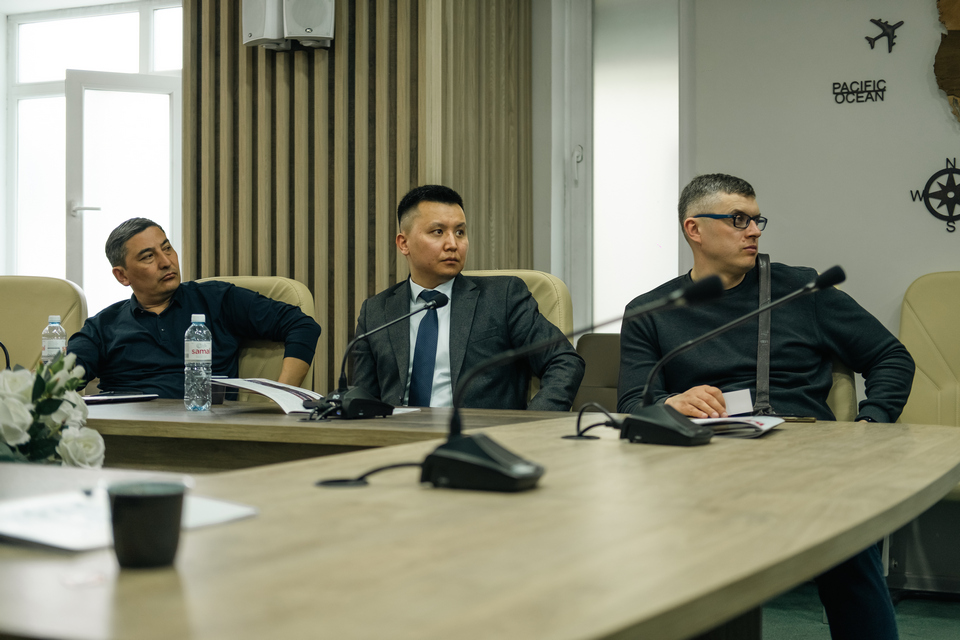
— How many people are currently under your supervision?
When I took the position in 2013, our technical service had more than 100 people. But as structural changes and some optimization occurred, the number has decreased.
Currently, I have about 50 people under my supervision.
— What was the most difficult thing in your professional career?
The most difficult thing is parting with someone for some reason. There were times when a person left the job or had to be fired. In such moments, I experience a lot of stress.
Speaking of myself, at the very beginning of my work, I thought about whether I would be able to compete in the future. There were moments when I no longer wanted to work in television. The colossal workload, a young family, the loss of my parents weighed on me. And I think I made the right choice, that I stayed in television and continue to work here. I really like it.
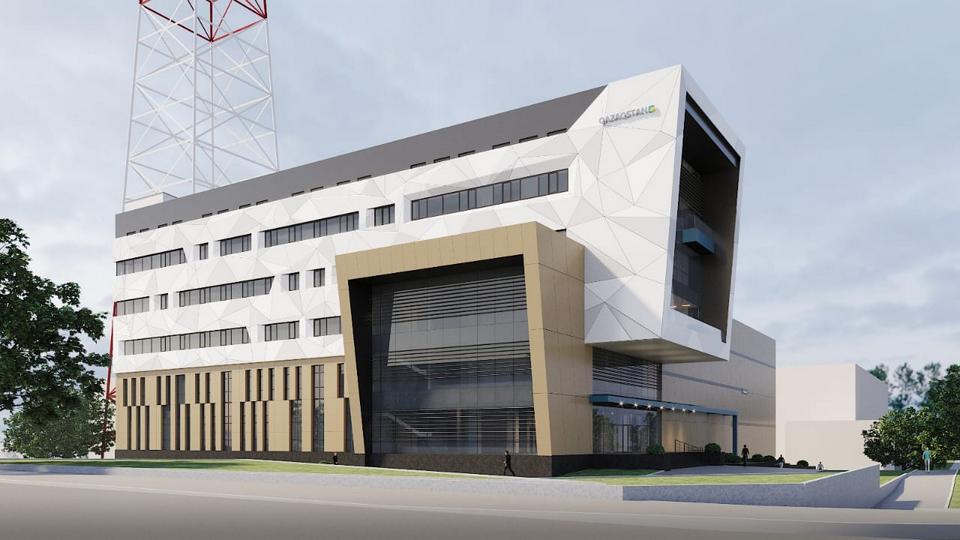
It was also very difficult for all of us when our building burned down during the January events, as our building was the cradle of Kazakh television. We had to rebuild almost from scratch. With the support of the Government of the Republic of Kazakhstan, the restoration work was started immediately and continues to this day, a new television building is being built. We are eagerly awaiting the new building to start a new era of Kazakh television at the old location!


